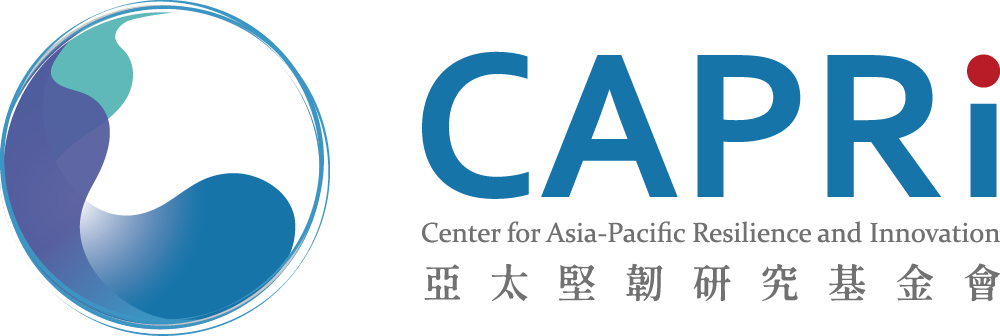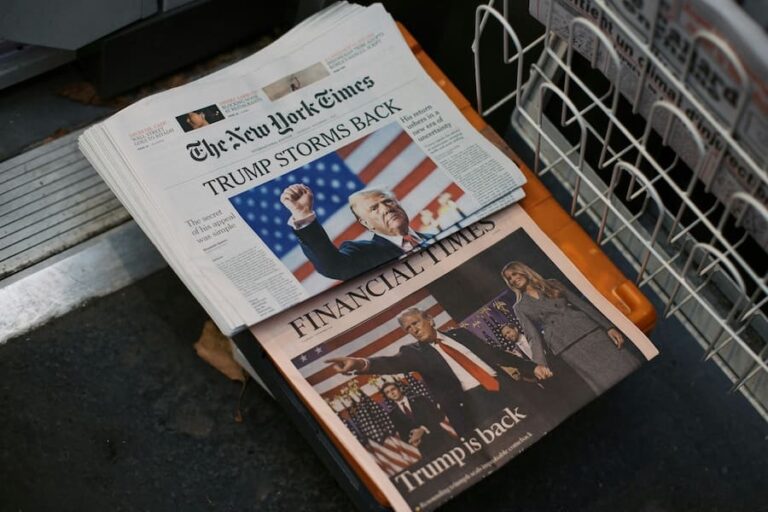This chapter examines Taiwan’s options in navigating the growing rivalry between China and the United States. As wage stagnation, rising housing costs, energy insecurity, and political polarization create a “high-income trap” of domestic challenges, Taiwan faces a double bind of trying to preserve its identity, democratic values, and security interests with help from the United States while moving closer to the Chinese market for trade and investment benefits. Against this backdrop, this chapter analyzes what Taiwan’s choices reveal about its assessments of U.S. credibility and Chinese intentions.
摘要
MAIN ARGUMENT
As the rivalry between China and the U.S. intensifies, the Taiwan Strait remains one of the most important arenas of competition. The double bind of trying to preserve a strong Taiwanese identity against increasing Chinese pressure, while integrating more closely with the Chinese market to address the severe economic problems produced by Taiwan’s high-income trap, has made China both an increasingly important economic partner to Taiwan and a dangerous existential threat. As a new democracy, Taipei sees the U.S. as a natural ideological ally as well as a security partner, but it also worries about Washington’s unreliability as China grows stronger. This complex situation leaves Taiwan with three main options: moving closer to the U.S. to balance China, accommodating Beijing, and hedging.
POLICY IMPLICATIONS
- The U.S. must review its “one China” policy in light of changes in both cross-strait and U.S.-China relations and reassess whether and how to pursue its traditional interest in preserving a future for Taiwan that is prosperous, democratic, peaceful, and secure.
- The U.S. must increase its attractiveness as an economic partner and investment base for Taiwanese firms that may otherwise feel that they have no choice but to work more closely with China as it becomes the world’s largest economy and the center of global supply chains.
- The U.S. must demonstrate the effectiveness of market economics and democratic institutions based on individual freedom in order to reinforce Taiwan’s commitment to these models.
Read more in Strategic Asia: 在中美競爭動態下「走鋼索」的台灣



